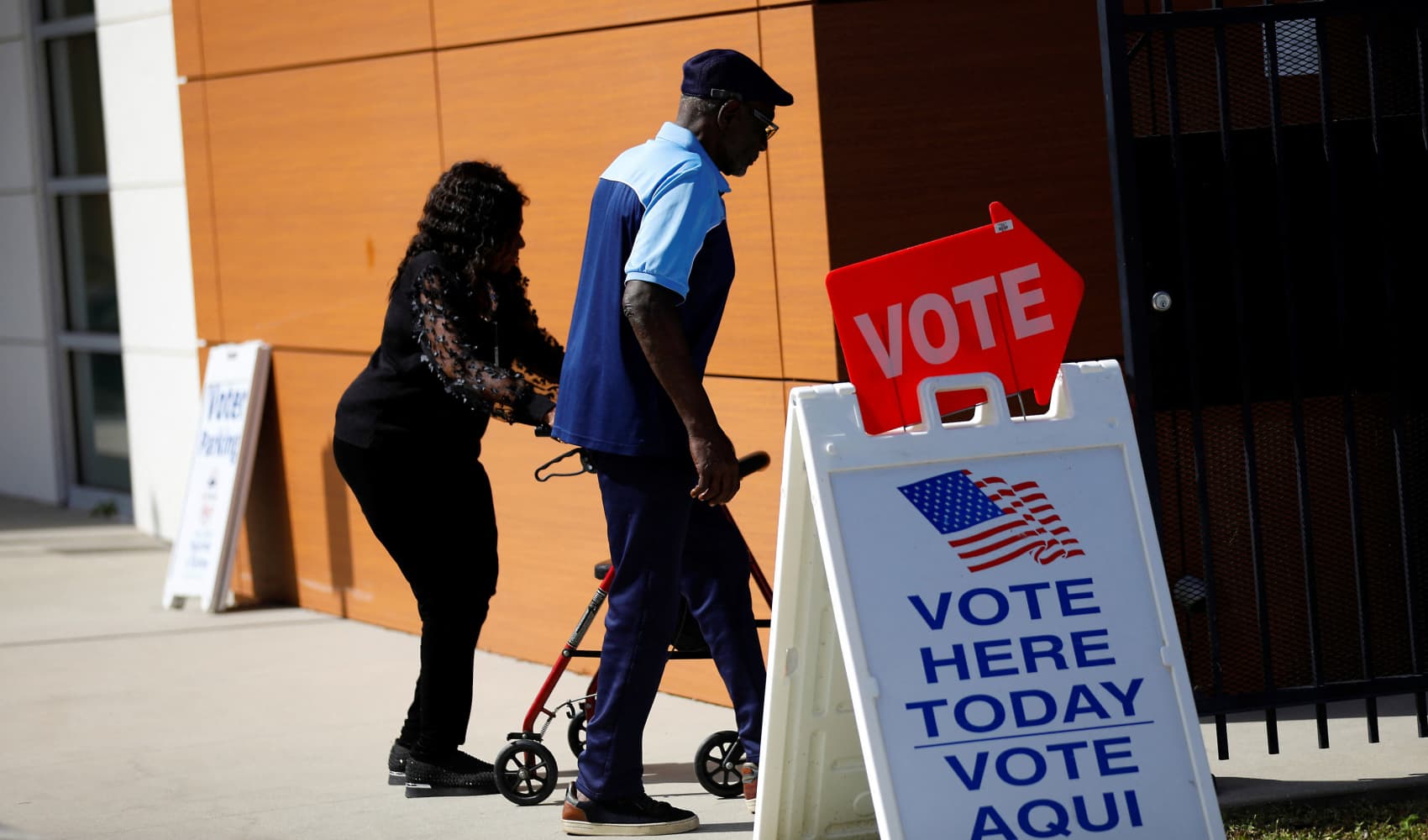When will we know the results of the 2024 presidential election? Experts say the results likely won't be known on Election Day.
"This is going to be Election Week, not Election Day," said Democratic strategist Peter Giangreco.
While it is not unusual for results to take time in a presidential race, 2024 will see some changes that could delay answers for voters.
Changes to voter ID laws and the early voting process in North Carolina could slow vote counts.
We've got the news you need to know to start your day. Sign up for the First & 4Most morning newsletter — delivered to your inbox daily. Sign up here.
Meanwhile, laws in key swing states like Wisconsin and Pennsylvania mean clerks are unable to process mail-in ballots prior to Election Day. In 2020, those states were decided by approximately 20,000 and 80,000 votes, respectively.
“In other states, they can open them up, they can verify them. They can flatten them out, so all they have to do is run them through the scanners. In Pennsylvania, they can't even touch them," Giangreco said. "So, we're probably looking at Friday or Saturday before we know Pennsylvania.”
Delays aren't unheard of in a presidential race however, according to Dr. Kevin Boyle, chair of the history department for Northwestern University.
“There are a lot of stories of presidential candidates just going to bed not knowing whether they had won the presidency or not," Boyle said.
In 2020, it took four days before President Joe Biden was officially called the winner. In 2000, results hinged on just 537 votes in Florida, with networks calling the state for Al Gore, then George Bush before ruling the race "too close to call."
There are many elections throughout the 19th and 20th centuries that weren't called on election night.
“Even as late as 1960, John Kennedy wasn't announced as the winner of the presidency until the next day," Boyle said. "Richard Nixon wasn't announced as the winner of the presidency in 1968 until the next day. And then what happened was kind of the explosion of exit polls, which made it easier to pick a winner faster, to name a winner faster. And a lot of elections weren't very close until 2000.”
Beyond delays in vote counts, experts also say legal challenges are likely before a final announcement is made.
Sharon McMahon, a podcast host and former educator known as “America’s Government Teacher," said there are a "very, very large myriad of lawsuits that are already in process and are going to be filed."
"There are already over 100 lawsuits in the works related to the election, and there is absolutely more that are on the desks of lawyers. They're just waiting to plug in the right details and waiting to file those," McMahon said. "If we think there were 60-plus lawsuits in the post-2020 election, there's probably going to be double that in this election.”
So what would it take to find out results sooner?
Giangreco said there's one scenario where results could come in closer to Election Day.
“Only if [Donald] Trump wins Wisconsin or Michigan," Giangreco said. "If he wins either those states, it's probably over with. And if we know those states on Wednesday, that'll probably be it. I think the most likely path for Kamala Harris to the presidency is the blue wall states: Wisconsin, Michigan, Pennsylvania.”
Whether that will happen is unclear.
“This is what it comes down to: If the polls are right and things are even, there's a massive advantage for Harris on the ground, especially in the blue wall states, and I think that's her ticket to win. If there's the response bias that we did see in 2016 and we did see 2020, where the polls undercount Trump voters, then you could be looking that Trump's really up four or five points in all these states, and it'll be an electoral landslide for Trump, and maybe even a popular vote win. So either the polls are right and Harris's field operation is going to win it or the polls are wrong, and it's going to be a good night for Trump.”
One other potential scenario looms this fall: the "contingent election" of the president and the vice president that would happen if no one can secure the 270 electoral votes needed to win the presidential election.
That has not happened in the modern era, but there are a few conceivable (if unlikely) paths across the Electoral College map that could lead to Trump and Harris ending the race tied at 269 electoral votes.
In the event of a tie, Congress would decide the next president.




